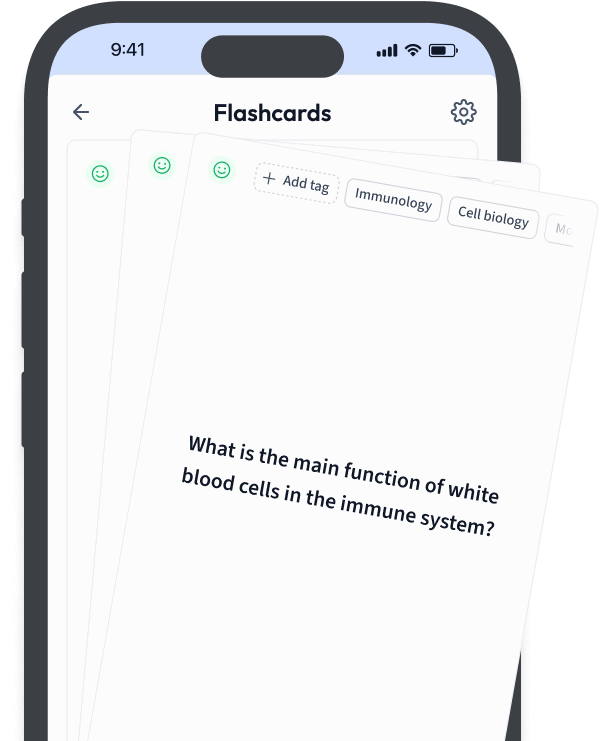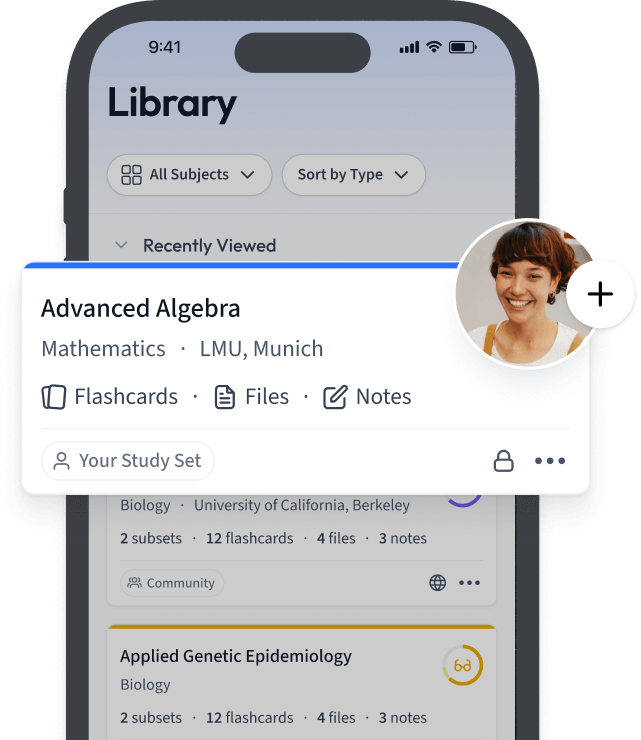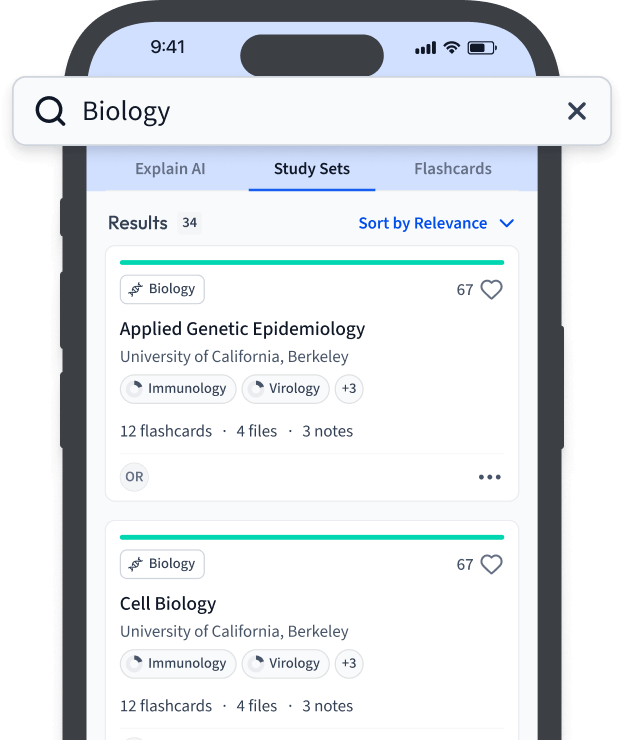Danke für dein Interesse an Audio-Lernen!
Die Funktion ist noch nicht ganz fertig, aber wir würden gerne wissen, warum du Audio-Lernen bevorzugst.
Warum bevorzugst du Audio-Lernen? (optional)
Feedback sendenSonnenblumenkerne Definition Gastronomie
Sonnenblumenkerne, or sunflower seeds, are a versatile and nutrient-rich ingredient used in various culinary traditions, including gastronomy and tourism. They are not only appreciated for their nutritional benefits but also for their culinary versatility.
Sonnenblumenkerne are the edible seeds harvested from sunflowers. They are typically hulled and consumed raw, roasted, or used as a cooking ingredient.
Applications of Sonnenblumenkerne in Gastronomy
In the field of gastronomy, sunflower seeds are valued for their culinary applications that enrich both texture and flavor. Here are some common uses:
- Salads: Sprinkled over salads for a crunchy texture.
- Bakery: Incorporated into bread and muffins to add richness.
- Confectionery: Used in sweets and snack bars.
- Sauces: Ground into pastes for sauces and dips.
A popular example of sunflower seeds in gastronomy is their use in granola bars, where they offer both flavor and healthy fats.
The cultivation of sunflowers began around 3000 BCE by North American Indigenous populations. Today, their seeds are a global ingredient due to their adaptability in various cuisines and their dietary benefits, such as high vitamin E content.
Nutritional Benefits
Sonnenblumenkerne are highly nutritious, contributing to both personal health and gourmet cooking.
| Nutrient | Health Benefit |
| Vitamin E | Antioxidant properties |
| Magnesium | Supports muscle and nerve function |
| Healthy Fats | Beneficial for heart health |
| Protein | Aids in muscle building |
Sonnenblumenkerne can also be used as a plant-based protein alternative for vegan diets.
Sonnenblumenkerne Verwendung in der Küche
Sunflower seeds, known as Sonnenblumenkerne in German, are a versatile ingredient frequently found in culinary practices, particularly in baking and as a topping. Their mild flavor and crunchy texture make them a popular choice in various recipes.
Sonnenblumenkerne in Backwaren
In the baking industry, sunflower seeds are valued for their ability to enhance the texture and flavor profile of baked goods. They can be added to a variety of products such as:
- Breads: Mixed into doughs or sprinkled on top for an added crunch.
- Muffins: Incorporated into the batter or used as a topping.
- Cakes: Used to complement other seed flavors or nuts.
An excellent application of sunflower seeds in baking is their use in multigrain bread, where they provide both a visual appeal and nutritional benefits.
The introduction of sunflower seeds in European bread baking has a noteworthy history. Initially brought over from the Americas, these seeds promised enhanced flavors and nutritional content, eventually gaining popularity by the late 19th century. Today, European bakers continue to incorporate them for both aesthetic appeal and the health-conscious market.
Sonnenblumenkerne als Topping
Sunflower seeds are also extensively used as a topping, offering an extra layer of flavor and texture to many dishes. They are commonly used in:
- Salads: Adding a nutty flavor and crunch.
- Pasta Dishes: Sprinkled on top for added texture.
- Soups: As a garnish to enhance nutritional value and appearance.
Roasting sunflower seeds before using them as a topping can intensify their flavor and add a delightful crunch to your dishes.
Sonnenblumenkerne Verarbeitung Gastronomie
Sonnenblumenkerne are an essential ingredient in culinary arts, especially in gastronomy. Their processing involves various methods to enhance their flavor and usability in cooking.
Sonnenblumenkerne Röstverfahren
The roasting process for sunflower seeds is crucial in gastronomy, as it intensifies the flavor and adds a pleasing crunch. The process includes:
- Preheat oven: Typically to 350°F (175°C).
- Spread seeds: Evenly on a baking sheet.
- Roasting time: Generally, about 10-15 minutes, stirring occasionally.
Different roasting methods can lead to varied flavors and textures. For example, dry roasting preserves the natural oils of the seeds, whereas oil roasting can add additional flavors and richness, often using a blend of spices or herbs for seasoning.
Using low heat in the initial roasting stages can prevent burning and promote even heat distribution.
Sonnenblumenkerne Mahltechniken
Grinding techniques for sunflower seeds involve transforming whole seeds into a variety of products, such as sunflower seed butter or flour. Common methods are:
- Mortar and pestle: Traditional manual method for small quantities.
- Food processor: Efficient for producing pastes and butters.
- Grinding mills: Used in commercial settings for uniform flour.
A popular use of ground sunflower seeds is in the preparation of sunflower seed butter, a creamy spread similar to peanut butter, adaptable for both sweet and savory dishes.
For a smoother paste, pre-roast the seeds before grinding; this releases oils that enhance consistency.
Sonnenblumenkerne Gesundheitliche Vorteile Einfach Erklärt
Sunflower seeds, or Sonnenblumenkerne, are packed with nutrients that offer numerous health benefits. Their diverse nutrient profile makes them an excellent addition to a healthy diet, benefiting your body in multiple ways.
Sonnenblumenkerne Nährstoffe
Nutritional Content in sunflower seeds is comprehensive, making them a powerful dietary component.
| Nutrient | Benefit |
| Vitamin E | Acts as a potent antioxidant. |
| Magnesium | Supports healthy nerve function and bone health. |
| Protein | Essential for muscle repair and growth. |
| Healthy Fats | Contribute to cardiovascular health. |
| Zinc | Boosts immune system functionality. |
Including sunflower seeds in your meals can help meet your daily magnesium requirements, which is crucial since many people fall short of this essential mineral.
Sunflower seeds contain phytosterols, compounds that help lower cholesterol levels. This feature makes them beneficial for heart health. Regular consumption has been shown to potentially reduce LDL (bad cholesterol) and maintain HDL (good cholesterol) levels, supporting overall cardiovascular well-being.
Sonnenblumenkerne für das Immunsystem
Sunflower seeds are an excellent choice for strengthening the immune system due to their rich content of essential nutrients.
- Rich in zinc, a mineral crucial for maintaining a robust immune system.
- Contains selenium, which plays a key role in inflammation reduction and immunity boost.
- High levels of vitamin E also contribute to immune defense by combating free radicals.
An effective way to include sunflower seeds in your diet is by adding them to a morning smoothie, enriching it with nutrients that bolster immune health.
Sunflower seeds, with their plentiful nutrient supply, are particularly beneficial during cold and flu seasons when your immune system needs extra support.
Sonnenblumenkerne für eine ausgewogene Ernährung
For a balanced diet, sunflower seeds offer a great source of multiple nutrients without compromising your caloric intake.Here's why sunflower seeds are effective for balancing your diet:
- They provide fiber, promoting healthy digestion.
- Offer protein, making them an excellent option for vegetarians and vegans.
- Contain healthy fats, essential for brain health.
Apart from their nutritional benefits, sunflower seeds are also eco-friendly. Sunflowers require less water compared to other crops like nuts and offer farmers high yields with minimal environmental damage. This makes sunflower seeds a sustainable choice for those aiming to support eco-friendly agricultural practices.
Sonnenblumenkerne Techniken
Sunflower seeds, or Sonnenblumenkerne, are not only nutritious but also versatile in their culinary applications. Understanding the techniques of soaking and sprouting sunflower seeds can enhance your cooking repertoire, adding texture and nutritional benefits.
Sonnenblumenkerne Einweichen
Soaking sunflower seeds is a simple yet effective method to improve their digestibility and nutrition.Here's a quick guide to soaking sunflower seeds:
- Rinse the seeds thoroughly to remove any debris.
- Place them in a bowl and add enough water to cover the seeds completely.
- Allow them to soak for about 8-12 hours at room temperature.
- Drain and rinse the seeds before use or further processing.
Adding a little salt to the soaking water can help to neutralize enzyme inhibitors and improve flavor.
After soaking, sunflower seeds can be blended into a creamy spread or used directly in smoothies for added nutrition and texture.
Soaking not only prepares sunflower seeds for consumption but also initiates the germination process. This practice is linked back to ancient times when seeds needed rehydration after dry storage for planting. In modern culinary use, soaking mimics these natural cues, unlocking stored nutrients as they begin to sprout.
Sonnenblumenkerne Keimen
Sprouting sunflower seeds is an exciting process that transforms them into a living food packed with increased nutrients.The steps for sprouting sunflower seeds are as follows:
- After soaking and rinsing, place the seeds in a sprouting jar or a sieve that allows drainage.
- Rinse the seeds twice daily with fresh water, ensuring they remain moist but not submerged.
- Position them in a well-ventilated area at room temperature.
- In 1-2 days, you'll observe tiny sprouts, ready to be used in salads or as a topping.
Sprouted sunflower seeds can be added to salads for a fresh, crisp texture and enhanced nutritional profile.
The germination or sprouting process significantly increases the levels of vitamins such as B vitamins and vitamin C in sunflower seeds. It also enhances the amino acid profile, supporting better protein synthesis in the body. This biochemical transformation occurs as the plant prepares for growth, releasing dormant energy contained in the seed.
Sunflower sprouts are a powerhouse of nutrients and can be a unique addition to a variety of dishes, from gourmet cuisines to simple home-cooked meals.
Sonnenblumenkerne - Key takeaways
- Sonnenblumenkerne Definition: Edible seeds from sunflowers used in various culinary applications for their nutritional benefits and flavor diversity.
- Sonnenblumenkerne Verwendung in der Küche: Versatile for toppings, baking, and salads, enhancing texture and flavor.
- Sonnenblumenkerne Verarbeitung Gastronomie: Incorporates roasting and grinding techniques, improving taste and usability in cooking.
- Sonnenblumenkerne Gesundheitliche Vorteile: Rich in Vitamin E, magnesium, and healthy fats, beneficial for heart health and muscle function.
- Sonnenblumenkerne Techniken: Soaking and sprouting enhance digestibility and nutritional content, providing fresh culinary applications.
- Sonnenblumenkerne: A sustainable choice in agriculture, requiring less water and providing high yield with minimal environmental impact.
Lerne schneller mit den 10 Karteikarten zu Sonnenblumenkerne
Melde dich kostenlos an, um Zugriff auf all unsere Karteikarten zu erhalten.

Häufig gestellte Fragen zum Thema Sonnenblumenkerne


Über StudySmarter
StudySmarter ist ein weltweit anerkanntes Bildungstechnologie-Unternehmen, das eine ganzheitliche Lernplattform für Schüler und Studenten aller Altersstufen und Bildungsniveaus bietet. Unsere Plattform unterstützt das Lernen in einer breiten Palette von Fächern, einschließlich MINT, Sozialwissenschaften und Sprachen, und hilft den Schülern auch, weltweit verschiedene Tests und Prüfungen wie GCSE, A Level, SAT, ACT, Abitur und mehr erfolgreich zu meistern. Wir bieten eine umfangreiche Bibliothek von Lernmaterialien, einschließlich interaktiver Karteikarten, umfassender Lehrbuchlösungen und detaillierter Erklärungen. Die fortschrittliche Technologie und Werkzeuge, die wir zur Verfügung stellen, helfen Schülern, ihre eigenen Lernmaterialien zu erstellen. Die Inhalte von StudySmarter sind nicht nur von Experten geprüft, sondern werden auch regelmäßig aktualisiert, um Genauigkeit und Relevanz zu gewährleisten.
Erfahre mehr







